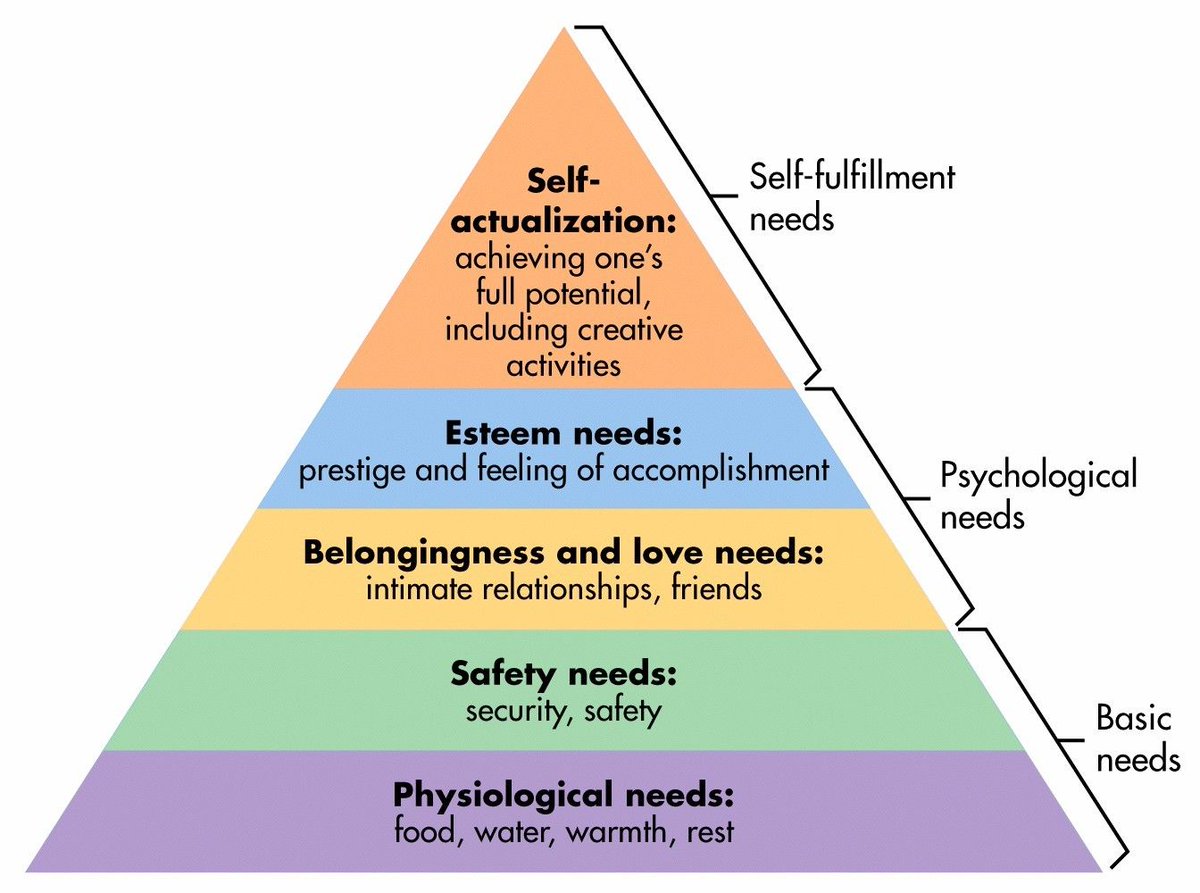After watching Episode 2, let's talk about Aqua from #OshiNoKo, a character whose trauma has led to a manipulative personality and affected his attachment style. This thread will explore the psychological underpinnings of his behavior. #anime #推しの子 #manga
Aqua is a complex character with a tragic past that profoundly impacts his relationships and actions. His trauma (His Death, Death of Ai) has caused him to develop a manipulative personality, often using others to achieve his goals in episode 2(Hulber, 2018).
Bowlby (1973), states that early life experiences with caregivers shape our attachment style and influence our relationships throughout life. Aqua's traumatic experiences with his family, particularly parataxic distortion of AI, has shaped his attachment style. 



Aqua's manipulative behavior is understood through the lens of attachment theory, specifically through the development of an insecure attachment style. Insecure attachment can result from a lack of responsiveness, inconsistency, or even early childhood trauma (Ainsworth, 1978). 

In Aqua's case, the strong parataxic distortion he had of Ai and her murder likely contributed to the development of an insecure attachment style, which in turn can manifest as manipulative behavior (Main & Solomon, 1990). 

As a doctor reincarnated as a kid, seeing the murder of Ai was a key moment where he no longer had control/had aspects of his control schema taken from him (Burman, 1994).
Being powerless to do anything to save his mother despite having the knowledge of a doctor, seeing the person you admire so much, dying while hugging you, changes a person to say the least. 

This manipulative behavior can be seen as a survival strategy; Aqua learned to rely on manipulation to navigate his tumultuous environment and maintain control (Finkelhor & Browne, 1985). 





Aqua's manipulative tendencies also stem from his need to establish a sense of safety and control in his relationships (Herman, 1992).
As a result, Aqua's trauma and insecure attachment style can lead to difficulty in forming and maintaining healthy relationships, often causing him to manipulate others to achieve a sense of control and security (Bartholomew & Horowitz, 1991). 



Additionally, Aqua's trauma can also result in a fear of abandonment, leading to further manipulative behavior. He may manipulate those around him to ensure they do not leave, using others as a means to maintain his emotional stability (Mikulincer & Shaver, 2007). 

Understanding Aqua's trauma and attachment style is crucial to understanding his character and his relationships. It offers a lens through which we can empathize with and better comprehend the complexities of his actions.
As referenced before Aqua's traumatic experiences including the death of his mother, His death as a doctor, and being aware of the abuse in the idol industry. Research has shown that childhood trauma can be a significant risk factor for the development of APD (Afifi et al., 2017)
Traumatic events like loss, identity dissociation, abuse, and neglect can alter the development of emotional regulation and empathy in children (Shonkoff et al., 2012). This predisposes individuals to APD, as they struggle to form healthy relationships and display real empathy. 

We can observe Aqua exhibiting some signs of APD, such as manipulative behavior, deceitfulness, and a lack of empathy (Lack does not mean no empathy). (Of course my knowledge only extends to Episode 2 of the show) 

For example, he uses his intelligence to manipulate another idol to understand the company that scouted Ruby, and he demonstrates a willingness to deceive those around him. 

It is essential to consider that not all individuals who experience trauma will develop APD. There is a complex interplay of genetic, environmental, and psychological factors that contribute to its development (Raine, 2008). 

In conclusion, Aqua's traumatic experiences in Oshi No Ko may contribute to the development of Antisocial Personality Disorder in the future. While he exhibits some symptoms of APD, it is crucial to recognize the intricacies of this mental health condition. 

While this thread focuses on Aqua it is essential to remember that trauma and attachment theory can help us better understand the complexities of real-life individuals, too. It's vital to approach these topics with empathy and understanding
Follow for more Psychology Threads on Oshi No Ko
To see how this theory and other character were analyzed for episode 2 the link is down below
👉
If you want to see how everything is analyzed from episode 1 here ya go.
👉
To see how this theory and other character were analyzed for episode 2 the link is down below
👉
If you want to see how everything is analyzed from episode 1 here ya go.
👉
• • •
Missing some Tweet in this thread? You can try to
force a refresh













